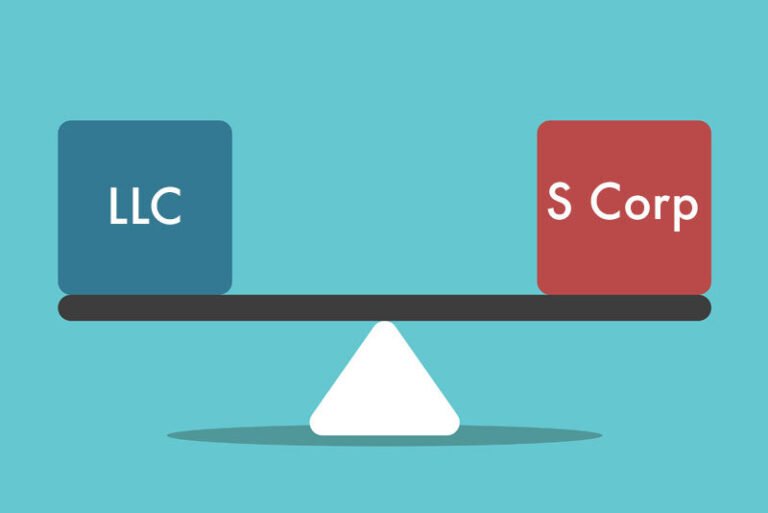Do I Need Operating Agreement For my LLC

Do I Need an Operating Agreement for LLC?
Setting up a Limited Liability Company (LLC) is an exciting step in starting a business, but it comes with important decisions—one of which is whether to create an operating agreement. If you’re seeking, “Do I need an operating agreement for LLC?” the short answer is yes. Although it might not always be legally required, an operating rapport is a vital document that can protect your LLC and help it function smoothly. Let’s dive deeper into why this document is crucial and what it should include.
What Is an Operating Agreement?
An operating agreement is a formal document that outlines the ownership structure and operational procedures of your LLC. It serves as a roadmap for how the business will run, detailing aspects like member roles, voting rights, and profit distribution. Essentially, it defines the rules of engagement for the business and its members, helping to prevent confusion and disputes down the road.
Is an Operating Agreement Legally Required?
The need for an operating agreement differ by state. For example:
- Mandatory States: California, New York, Missouri, Maine, and Delaware require LLCs to have an operating agreement.
- Optional States: In other states, creating an operating rapport may not be a legal necessity, but it is still highly recommended.
Even if your state does not mandate an operating rapport, having one is critical for protecting your LLC’s limited liability status and ensuring everyone involved understands their roles and responsibilities.
Why You Need an Operating Agreement
Having an operating agreement offers several benefits that go beyond legal requirements:
- Defines Ownership Structure For multi-member LLCs, the operating consent clarifies ownership percentages. For instance, if one member contributes more capital than another, this document ensures the division of ownership reflects those contributions.
- Establishes Operational Guidelines An operating rapport sets the ground rules for the LLC’s daily operations, including voting procedures, decision-making processes, and member duties.
- Protects Limited Liability Status An operating agreement reinforces the separation between the LLC and its members. Without it, courts might treat your LLC as a sole proprietorship or partnership, exposing your personal assets to liability.
- Reduces Member Disputes Disagreements among members are inevitable, but an operating rapport provides a framework for resolving conflicts. It can address common issues such as profit sharing or decision-making deadlocks.
- Enhances Business Credibility A formal operating rapport demonstrates that your LLC is a well-organized and legitimate business, which can be crucial when attracting investors or securing loans.
Key Components of an Operating Agreement
A comprehensive operating rapport should include the following elements:
1.Ownership Details:
- The names of all members.
- Each member’s ownership percentage.
2.Management Structure:
- If the LLC will be member-managed or manager-managed.
3.Profit and Loss Distribution:
- How profits and losses will be allocated among members.
4.Voting Rights:
- Rules for voting on important business decisions.
5.Membership Changes:
- Procedures for adding or removing members.
- Buyout terms if a member decides to leave the LLC.
6.Dissolution Plan:
- Guidelines for dissolving the LLC if necessary.
Operating Agreement for Single-Member LLCs
If you are the sole owner of your LLC, you might think an operating Consent is unnecessary. However, this document is just as important for single-member LLCs. It helps maintain the distinction between your personal and business assets, which is crucial for protecting your limited liability status. Additionally, it can help clarify your business’s operations to banks, investors, and other stakeholders.
What Happens If You Don’t Have an Operating Agreement?
In the absence of an operating rapport, your LLC will default to your state’s generic LLC laws. These laws might not align with your business goals or the way you want to run your company. For example, state rules may divide profits equally among members, even if one member contributed more capital than others. By creating an operating consent, you retain control over these decisions.
Common Questions About Operating Agreements
- Can I Write My Own Operating Agreement?
Yes, you can draft your own operating rapport, but it’s advisable to consult a legal professional to ensure it complies with state laws and covers all necessary details. - Is an Operating Agreement Filed with the State?
Generally, you don’t need to file your business agreement with the state. It is an internal document kept on file within your LLC. - Can I Modify My Operating Agreement Later?
Absolutely. You can update your operating consent as your business evolves. Just ensure all members agree to the changes, and document the updates formally.
Steps to Create an Operating Agreement
- Research State Requirements: Check whether your state mandates an operating consent and any specific guidelines.
- Outline the Basics: Start with essential details like member names, ownership percentages, and business operations.
- Consult a Professional: Work with an attorney or accountant to draft a comprehensive and legally sound agreement.
- Review and Approve: Ensure all members agree to the terms before signing the document.
- Store Safely: Keep a signed copy of the operating rapport in your business records.
Final Thoughts
Do you need an operating agreement for LLC? Whether it’s legally required or not, the answer is a resounding yes. This document serves as the foundation of your LLC, protecting its limited liability status, outlining roles, and reducing the likelihood of disputes. By taking the time to create a thorough operating rapport, you’ll set your LLC up for long-term success and stability.
Don’t wait—start drafting your operating consent today to ensure your business operates smoothly and professionally!






